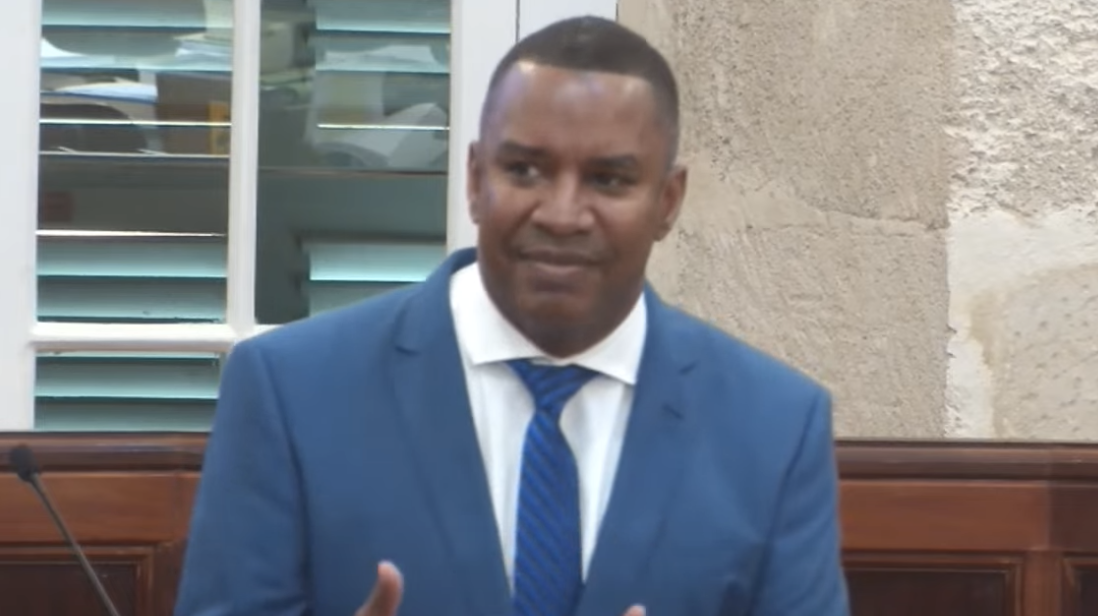Barbados Legislates Landmark Child Justice and Protection Bills

Barbados advances children's rights with new justice and protection bills. Minister Abrahams emphasizes societal shift for effective implementation, focusing on rehabilitation over guilt in the justice system.
Barbados is entering a new era of children’s rights and their relationship with the law, Home Affairs minister Wilfred Abrahams, has said as lawmakers passed two landmark justice and protection bills.
Changes to the legislation which followed the report of a parliamentary committee on the bills were approved on Tuesday in the House of Assembly, sending the bills to the Senate for final approval.
Abrahams told the House the government intends for both the child justice and child protection bills to improve children’s rights. But he suggested a shift in societal norms at all levels would be necessary for the laws to be effective.
“We are entering a new era in relation to the treatment of our children in relation to the law. It’s a completely new dispensation, we have not been there before,” he said. “The government can set up all of the systems that the government wants to, to act in the best interest of the child, but at the end of the day all of us who are stakeholders in the system and all who come into contact with the children need to understand that it is a continuing educational process for us all.”
Abrahams explained: “We need to suspend the way how we used to do business before, and to adopt the new regime [and] the new philosophy. To understand that the guiding principles on one piece of legislation are care, safety, and security of the child, and the next one is in relation to fairness and giving the child every possible opportunity to come out on the proper end of the judicial system.”
On the Child Justice Bill, Abrahams noted that for too long the justice system aimed to arrive at a guilty or not guilty verdict, despite circumstances that should mean not punishing but rehabilitating the child.
“This is a complete rethink; in this we are not governed by trying to get to a decision based on what the child has done and any allocation of guilt…the whole concept of guilt is one we are trying to get away from,” he said.
“The process under the child justice legislation is more aimed at helping the child to appreciate that they have done wrong, helping the child to confront and be more mature enough to understand that there are consequences for their actions.
“It’s the philosophy that is being employed in the adult system as well, that we are not just looking at lick and lock up, we are not just looking at reform, we are looking at restorative justice.”
But Abrahams urged the weeding out of biases against children who break the law, embracing a new approach.
“Every player at every level of this needs to understand there has to be retraining and a change in philosophy,” he said. “From the first police officer who comes into contact with the child, you need to understand that it’s not about frightening the child, it’s about trying to get to the bottom of what is going on.
“For the probation officer who is doing the initial assessment, it is I am now doing an assessment to assist the judicial officer in seeing if there is another way in dealing with it. The magistrate needs to understand that I now need to be able to come down to the level of that child. My aim is not to try to get through this as quickly as possible… it is for me to try to help the child to come to grips with what they have done, and come out on the other end without having to formally engage the system.”


